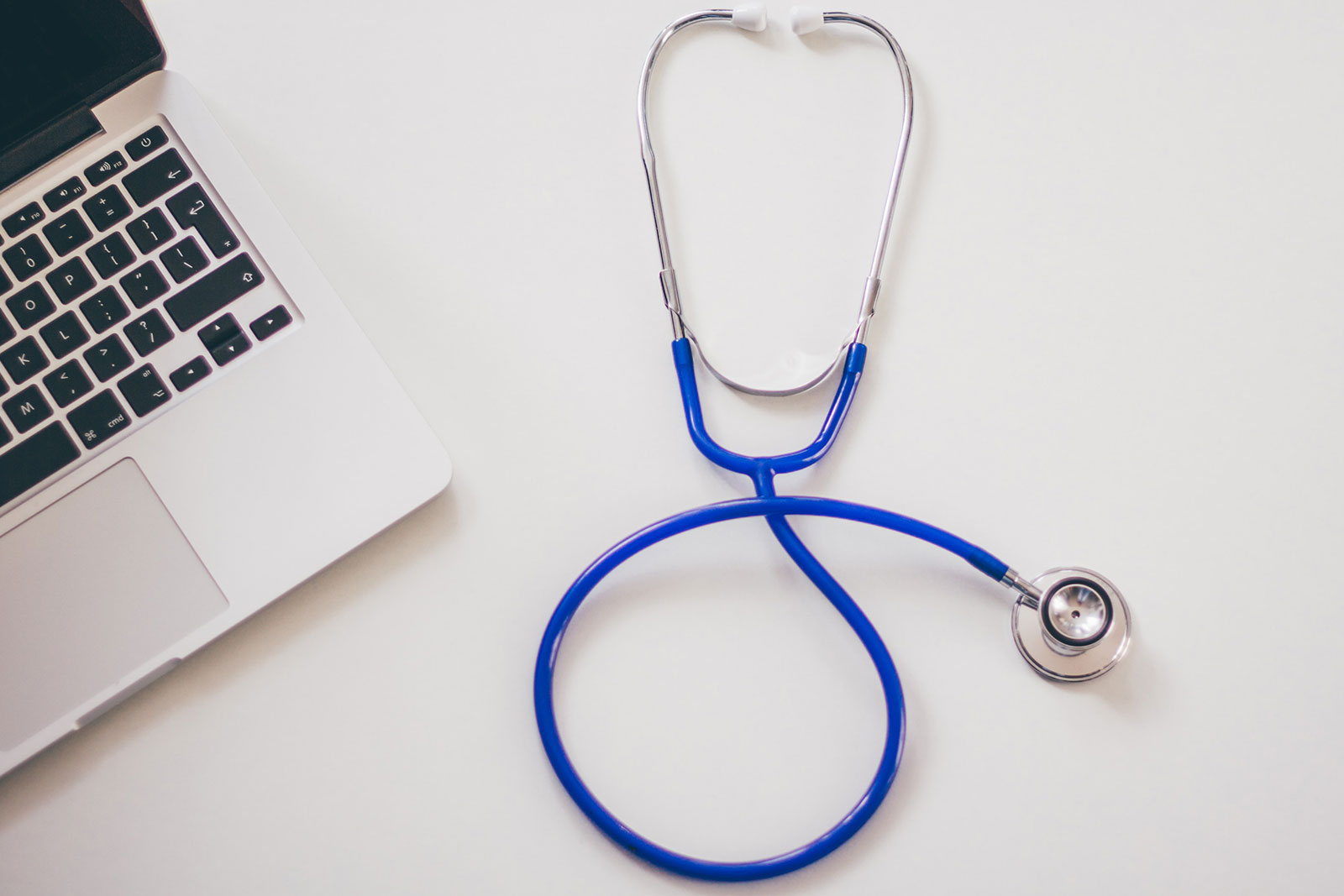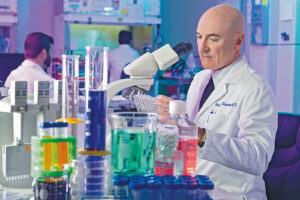Q: What kind of preventative measures can I take to monitor my risks for predominantly female cancers?
Cancer is the second leading cause of death per year in the U.S., just behind heart disease. According to the American Cancer Society, cancer results in the death of about 600,000 people yearly. Based on their 2019 projection, there will be 1.76 million new cancer cases diagnosed with 606,880 of these resulting in death. However, the rate of new cases diagnosed in both males and females has been on a decline for the past 25 years.
The most common cancers affecting women are breast, cervical, ovarian, endometrial, and lung cancer. Breast cancer alone accounts for 30 percent of cancer cases in women. Many risk factors are beyond our control. These include age, family medical history, genetic heritage, and environmental issues. Ongoing research continues to identify habits and behaviors that may lower risks.
She currently serves as clinical director for ARISE Africa Foundation, which specializes in adult education and the reduction of STD/HIV in Nigeria. She has published several books and writes for numerous outlets, in print and online.
Keep your annual doctor appointments. Self-examination and medical checks can help you detect early signs and symptoms of cancer. Complete your monthly breast checks regularly. This is especially important for women over 40 years old or if you have a family history of breast cancer. Vaccinations against infections such as HPV and hepatitis B can lower your risk of developing cervical cancer.


 Dr. Diana Rangaves is a doctor of pharmacy. She graduated from the University of California, San Francisco, and specializes in pharmacotherapy management. Rangaves was an academic college professor teaching critical thinking, ethics, pharmacology, addiction, behavior patterns, pharmacy, and nursing. As a clinical pharmacist, she is focused on chronic or disease-state management.
Dr. Diana Rangaves is a doctor of pharmacy. She graduated from the University of California, San Francisco, and specializes in pharmacotherapy management. Rangaves was an academic college professor teaching critical thinking, ethics, pharmacology, addiction, behavior patterns, pharmacy, and nursing. As a clinical pharmacist, she is focused on chronic or disease-state management.




